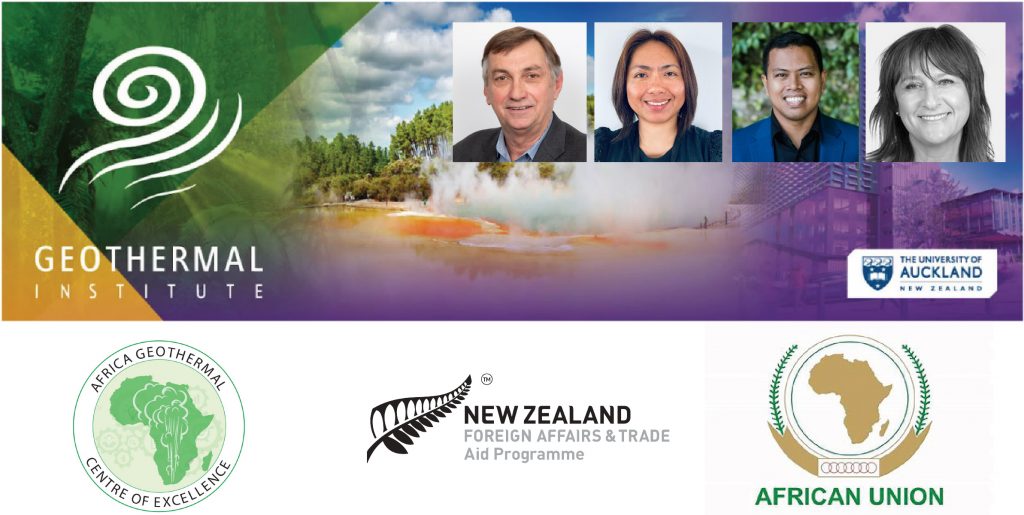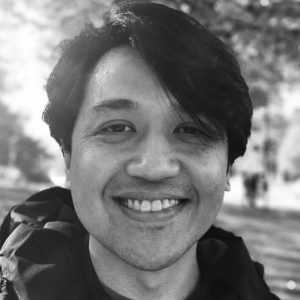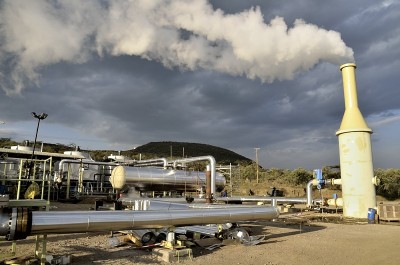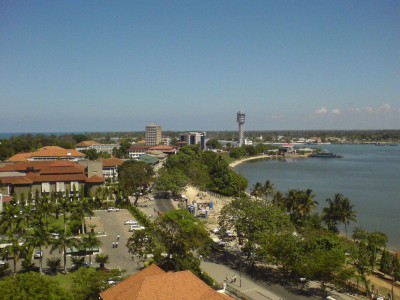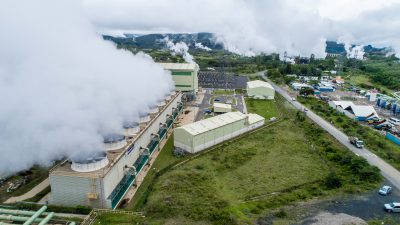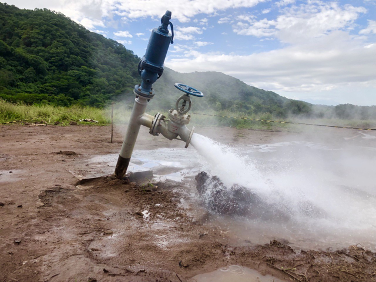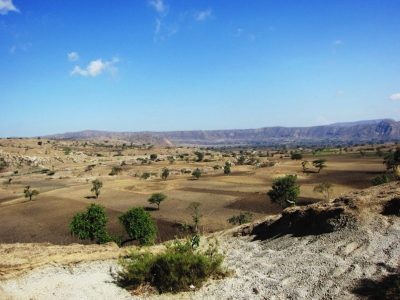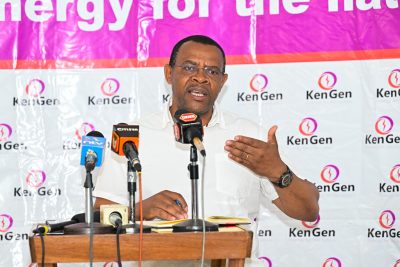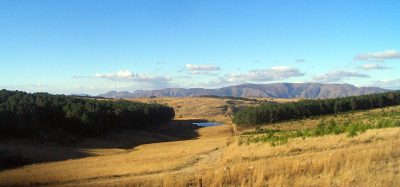East African Geothermal Facility Webinar Series; Week 1 – Exploration
Registration is open for Week 1 of the East Africa Geothermal Facility Webinar Series on the topic of Geothermal Exploration.
Recordings for Week 1 of the East Africa Geothermal Facility Webinar Series will soon be available for download. To access the webinar recordings, please register via this link.
There will also be a live Q & A session with the presenters of these webinars on Thursday, 25 May 2023, 11 AM (East Africa Time).
The East Africa Geothermal Facility Webinar Series will run for four weeks from May to June 2023. It is being organized by the University of Auckland Geothermal Institute and the East Africa Geothermal Facility. More details on the East Africa Geothermal Facility Webinar Series along with the schedules and registration links for the rest of the webinars are available in a piece we had previously published.
For any questions about the event, please contact Program Coordinator Theo Renaud (theo.renaud.@auckland.ac.nz).

Webinar 1: Geophysics – Best practice for geothermal resource assessment
Geophysical methods are crucial in geothermal exploration as these provide a way to indirectly obtain physical parameters of the geothermal systems from surface or shallow depths. These methods can provide valuable info on the size, shape, depth and potential structural controls of a geothermal system. It is also important to supplement the info from geophysical techniques with the results of geological and geochemical studies to come up with a robust pre-drill concept model of the field.
Speaker: Greg Ussher (gregory.ussher@jacobs.com)
Greg has 40 years involvement with geothermal exploration/delineation and his ability with directing multi-disciplinary teams has led to his present role as Jacobs senior advisor for geothermal energy.
Greg has a proven ability with integrated geothermal assessments from experience in a large number of detailed reviews and numerical reservoir simulation studies. Understanding of the developmental and commercial aspects of renewable energy projects has been gained from a range of due diligence, resource valuations, and assessments of geothermal resource potential and project management plans.
Greg has been a regular contributor to the geothermal training program at Auckland University and a range of other capacity development activities inside Jacobs, with New Zealand development assistance programs, and more widely in the geothermal industry.
Webinar 2: Understanding the role of geochemistry in Geothermal Exploration and its relevance to geophysics and geology
Geochemistry plays a key role from exploration to production stage of a geothermal resource development. During exploration stage, reservoir fluids discharging to the surface such as in hot springs and fumaroles provide early clues on the geothermal reservoir characteristics.
With this, it is important to understand the different water types, discharge features as well as the processes affecting water and steam compositions. An initial understanding of the field hydrology can be inferred from chemistry trends in mixing models. Also, an initial estimate of reservoir temperature can be obtained from geothermometers (solute, gas). It should be noted that geochemical interpretations should not be taken as standalone but should be integrated with the results of geophysical and geological studies.
Speaker: Aimee Calibugan (aimee.calibugan@jacobs.com)
Aimee Calibugan is a geothermal geoscientist expert with 15 years of experience. Aimee has been actively involved in the geothermal development and resource assessment of geothermal fields in New Zealand and the Philippines at Chevron and Mercury NZ before joining Jacobs.
Webinar 3: Integrated data management – a key asset from the beginning of exploration
Geothermal resources are developed primarily to produce energy. However, an important and often underrated intermediate product or asset is the scientific data collected during the exploration and development of these resources. This data is essential for the efficient development, understanding and management of a resource. Having a well structured centralise database management system for storing and presenting all data normally collected during the life of a geothermal development is essential.
Speakers: Jane Brotheridge (jane.brotheridge@jacobs.com) and Jaime Quinao (jaime.quinao@jacobs.com)
Jane Brotheridge is senior geothermal scientist at Jacobs with 20 years’ experience in the renewable energy sector. She has been involved with a full range of geothermal resource types from low to high temperatures and in various geological environments and carried out many due diligence and resource evaluation assessments.
After completing her MSc (Geology) at the Geothermal Institute at Auckland University, she is still closely involved in the geothermal program as a lecturer. Jane is secretary of the New Zealand Geothermal Association and has recently been appointed to the Board of Directors of the International Geothermal Association (IGA).
Jaime Quinao is a geothermal reservoir engineer at Jacobs with over 15 years of experience. He has worked in various roles and teams to ensure sustainable resource management of geothermal resources in Indonesia, New Zealand and in the Philippines for both renewable power generation and geothermal process heat (direct use). Jaime is also involved in the Board of the New Zealand Geothermal Association (2022-2024) as Treasurer. Jaime truly believes that reliable, environmentally sustainable, and affordable energy enables the socio-economic development of our communities.
